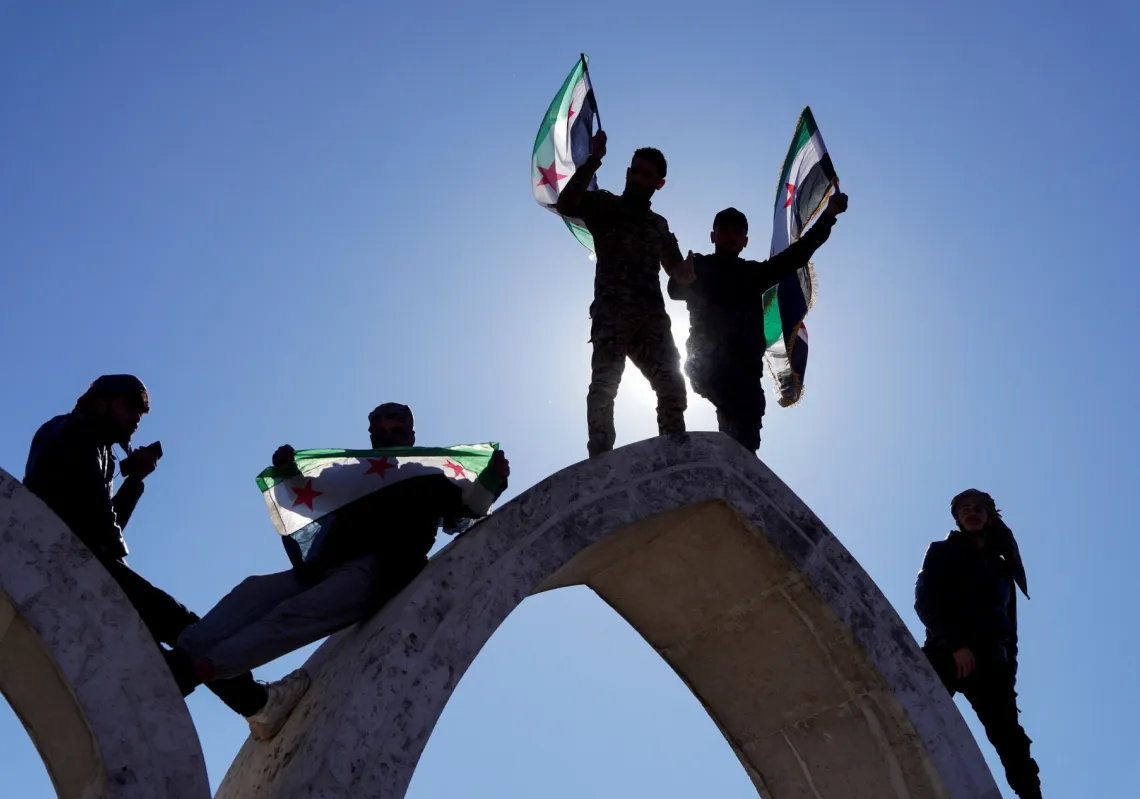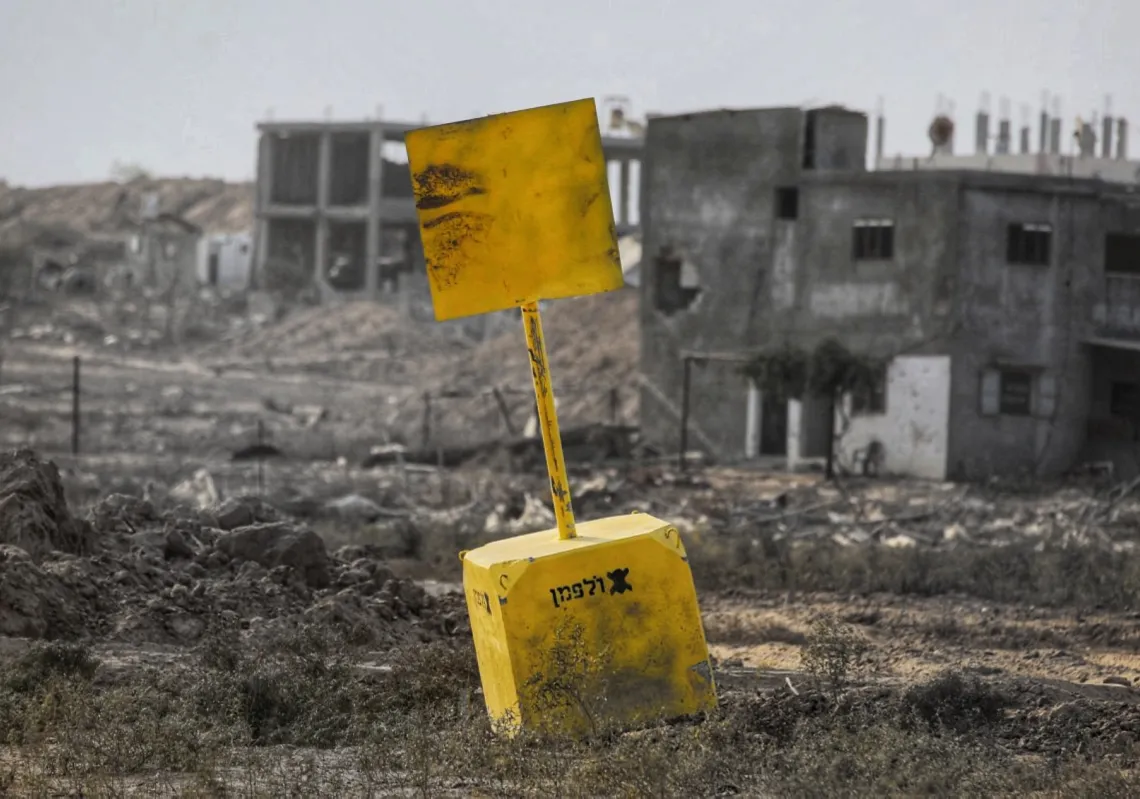 Bahaa Taher[/caption]
Bahaa Taher[/caption]
Bahaa Taher was born 1935, in Giza (Greater Cairo), to parents from the Karnak village in the Luxor governorate, Upper Egypt. He graduated from the literature department at the Cairo University and has, since his student days, been strongly involved in the left-wing literary circles.
Taher was one of the notable writers of Egypt’s Gallery 68 movement which was linking literature with the politics of that time. He began his career working as a social commentator and story teller at the national radio; although in the 1970s he was fired for his leftist stances and banned from voicing opinion, writing and publishing in Egypt.
[inset_left]In the 1970s he was fired for his leftist stances and banned from voicing opinion, writing and publishing in Egypt. [/inset_left]
“Back then, Egypt’s Minister of Information followed a very clear rule ‘those who are not with us, are against us’ and apparently I was not considered to be with them,” Bahaa Taher says, recalling the years he was forced to live on a minimum salary and abandon publishing.
“The situation was very bad at that time. During Gamal Abdel Nasser, opposition was sent to prison; during Anwar Sadat we were left to starve and obliged to come back on our knees.” Taher never kneeled. “The ban applied on all writings, regardless thematic content. One of the strong slams was when I was refused to publish an obituary of Abd al-Hamid al-Hadidi, a remarkable radio personality, whom I liked very much.”
As head of the family and having struggled for a year and a half, Taher decided to search for work outside Egypt. He landed a job in Switzerland, starting as a freelance English, French and Arabic translator for UNESCO.
Despite working in an environment that was not linked to literature, Taher continued to write, hoping that eventually his short stories and novels would see the light in Egypt.
“The ban was lifted in 1983” says Taher “A friend of mine, editor-in-chief of Sabah El Kheir magazine decided to venture by publishing the first chapter of Sharq Al-Nakhil (East of the Palm Trees). It worked and the novel was published in a serialized form. But apparently, even though I was allowed to publish, I still could not return to the radio.”
A number of Taher’s writings initiated or completed in Geneva started seeing the light of day: Ana al-Malik Ji'tu (I, the King, Have Come), a story filled with mystical symbolism weighing Western versus Eastern personalities and spiritualities; Al Hob fil Manfa (Love in Exile) depicting different layers of exile, Qalat Duha (As Doha Said) portraying hopes and disillusionments of the early Nasserist era; along with many short stories.
Taher returned to Egypt in the mid-1990s and has continued to reside in Cairo to this day. Today, dozens of Taher’s works are published in Egypt, in Arabic and translated into many languages for international publishing.
Though we assume to have access to many of Taher’s writings, he reveals that they actually constitute a small percentage of his work.
“I do not show much of my work, as I don’t consider many writings good enough. This hesitation keeps me from publishing frequently; I publish a novel every 4-5 years,” Taher underlines. A long short story titled Last Night I Dreamt of You was about to be thrown away had Taher not given it to a friend to read first. “My friend in Geneva read it and insisted that I try to publish it. For some reason I agreed. The story received good reviews. So, as you see, it is really hard for me to understand when I am on a good track with my writings and when I am not.”
In 2000, Taher was awarded the Italian Guiseppe Acerbi prize for his novel Khalti Safiyya wal Dier (My Aunt Safiyya and the Monastery), a tale about honor and relations between Muslims and Christians entwined with many local traditions. The story takes place in one of the Upper Egypt villages depicting the social interrelations with the utmost accuracy. Knowing that Taher’s parents come from Karnak, many believed that the writer spent several years in Luxor’s governorate. “I always have to deny this claim. I was neither born, nor lived in the Upper Egypt. I only paid a few random visits there just like I visited different parts of Egypt. Yet, I’m flattered to hear such comments from the readers as this testifies to the novel’s authenticity of the realities ruling this region.”
Though Taher spent many years in Geneva, and travelled extensively, he remained strongly linked to Egypt’s reality. “Reading history is one of my main hobbies,” this fact is obvious in all of Taher’s works.
Across his writings, Taher touches on many themes, joining elements from the Egypt’s antiquity and mythology, looking at Egypt under British occupation, the Nasserist and Sadat years, analyzing identities and individual existentialist crisis, traditions and prejudices, corruption and power struggles, relations between humans as representatives of certain beliefs and those belonging to their country and goes deep into Islamic and Coptic beliefs, reaching to a diversity of cultures dispersed around the Egypt’s geographical and historical landscapes.
[inset_right]History and culture are part of our genes. We carry them with us, and we reflect on them every step of the way. We are born with an accumulative experience of our own country.[/inset_right]
“History and culture are part of our genes. We carry them with us, and we reflect on them every step of the way. We are born with an accumulative experience of our own country. In addition to that, my readings and visits to different parts of Egypt helped me develop my understanding of all the regions and its people.”
Many of Taher’s works – such as My Aunt Safiyya and the Monastery, Sunset Oasis, Last Night I Dreamt of You, among others – have a first-person narrator, a procedure strengthening his personalized statements. Although according to Taher, he often feels more comfortable writing in first-person, surprisingly this was not the plan for Sunset Oasis. “I started writing this novel in a third-person. I had three chapters ready when I felt there was something wrong… I didn’t feel it… I decided to rewrite all with a first-person narrator, giving each protagonist its individual voice.”
Set in the first years of the British occupation of Egypt, in the Siwa oasis, Sunset Oasis is the novel that earned Taher the Arabic Booker in 2008. In it Taher, walks the reader from one character to another, from Mahmoud, to Catherine, to Sheikh Yahya and even to Alexander the Great. All characters are grasped in the most convincing manner, to the extent that when the imaginary narration of Alexander the Great arrives, one is hypnotized by the words that seem as if transcribed directly from the 4th century BC Macedonian king.
“Readers had divided opinions regarding Alexander the Great chapter,” Taher explains. “There is no neutrality in it. Either you like this part or you don’t.”
It is through the imaginative narration of Alexander the Great that Taher explains how many nations are governed by fear. Taher’s character says:
“I learnt that fear, not wisdom, is the basis of rule. I learnt that one must make the common people live in constant fear of punishment and torment on Earth and in Heaven so that they may know obedience and righteousness.”
Taher draws those conclusions from his profound studies of history and cultures. He believes that many cultures are governed by fear with their own will.
“Though people never choose to be governed by fear, history shows that they prefer to be afraid. We need to realize however that fear in itself is not enough. The rulers must also feed people with something else; they create bait. Gamal Abdel Nasser, for instance, fed people with a national dignity concept; Anwar Sadat convinced Egyptians that he is bringing everlasting peace to them. Mubarak was not making any baits, he was not inspiring people with anything, he was not even creating any basic content. Mubarak was inspiring people with disgust.”
Yet it was the thirty-year long reign of Mubarak that eventually led to the Revolution that erupted in Egypt on 25 January 2011. Taher sees that analysis of reasons behind this revolutionary outburst would take many pages but sums it up by saying: “In a way, this Revolution was miraculous,” Taher comments on the first days of Egypt’s revolution. “I was taking part in all demonstrations and protests, before the revolution. I must admit however that I never expected that those random protest movements would develop towards this glorious revolution. On 25 January, I was the first to be surprised, together with the Egyptian police,” Taher smiles.
“There was an enormous energy in the Revolution, growing day by day. It had a force of its own. People were coming from everywhere, creating force that was not intended. Another amazing element was that there was no leadership, no organizational force. I have never seen any leaders or leaflets. People were simply heading to the streets, to Tahrir Square…” Taher says recalling the first 18 days that ousted Hosni Mubarak.
Today, a year and a half later, the novelist is not satisfied with the developments: “We made a big mistake by leaving the square on 11 February [the day that Mubarak’s resignation was announced]. We should have continued until all the objectives of the revolution are realized. We are paying for this mistake now.” Taher explains that the newly appointed president of Egypt, Mohamed Morsi, has a big job on his shoulders.
“I am neither optimistic nor pessimistic about the president. He needs to be tested first. All I can say is that I wish him good luck. Morsi had and continues to have many fanatic groups under his wing. It won’t be easy for him to get rid of them. He used them for his electoral benefits and they helped him on several occasions. I don’t think he will stand against them but somehow he will try to withdraw from them.”
With all the political challenges, and growing influence of conservative groups, Egypt’s culture has fallen victim to ideological and social struggles. “This is time when intellectuals can infuse change but unfortunately they are so divided, and it is next to impossible to unite them behind any idea.” Taher blames many of Egypt’s intellectuals for seeking their own interests, while “the idea of sacrifice died in the 1960s.”
“I still believe in the young generation of Egypt’s intellectuals; they are much more determined than the established elite and more prepared for sacrifices.” Optimistic about the younger generations’ strengths, Taher hopes that this will soon be paralleled with an emergence of young influential writers.
Whilst today’s Egypt is challenged by religious waves, Taher underlines the importance of protecting civil culture. “Today, people underestimate the power of civil culture in Egypt. At the same time they over-estimate the power of the religious Egypt. You’ll be surprised to know how deeply rooted the civil culture is in our country. People will discover that, sooner or later, but I’m afraid this realization won’t come easily and will still cost a lot of bloodshed.”








